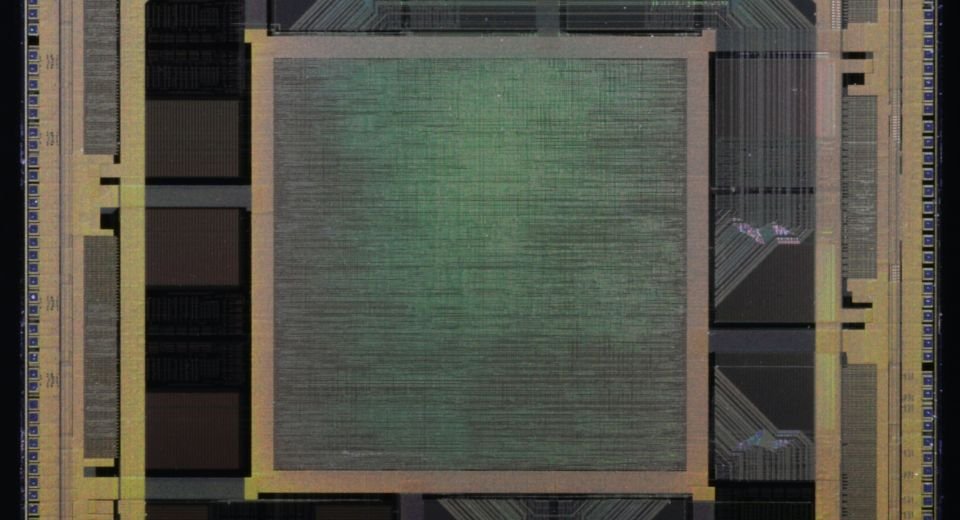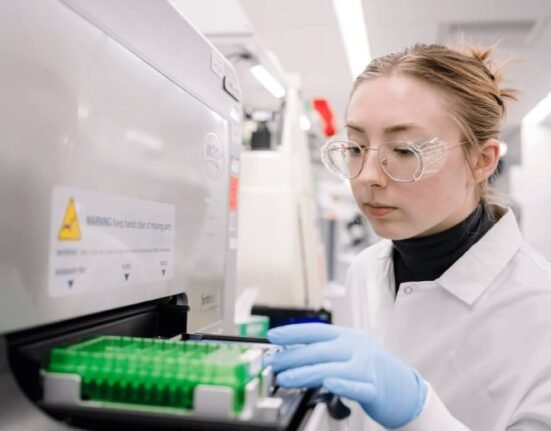HQ Team
September 20, 2023: Elon Musk’s Neuralink Corp., got a nod from an independent institutional review board to start recruiting for a first-in-human trial to enable paralytic patients to control external devices with their thoughts.
Precise Robotically Implanted Brain-Computer Interface or PRIME study will fully implant wireless brain-computer interface in humans to evaluate the safety and assess the functionality of the brain-computer interface.
During the study, a robot will be used to surgically place the implant’s ultra-fine and flexible threads in a region of the brain that controls movement intention.
Once in place, the implant is cosmetically invisible and is intended to record and transmit brain signals wirelessly to an app that decodes movement intention.
Computer cursor control
The initial goal of the brain-computer interface is to grant people the ability to control a computer cursor or keyboard using their thoughts alone, according to a statement.
The study is being conducted under the investigational device exemption awarded by the FDA in May 2023.
Neuralink got approval from the Food and Drug Administration to begin trials to implant brain chips into humans on May 27, 2023.
Elon Musk co-founded the tech company in 2016.
Animal rights
Earlier this year, the US Transportation Department started investigating Neuralink Corp., after an animal rights group stated the company did not follow proper procedure when shipping possibly hazardous materials.
The rights group, the Physicians Committee for Responsible Medicine, alleged that the company failed to follow the Animal Welfare Act.
The new study “represents an important step in our mission to create a generalised brain interface to restore autonomy to those with unmet medical needs,” the company stated.
“Those who have quadriplegia due to cervical spinal cord injury or amyotrophic lateral sclerosis may qualify.
The study will take approximately 6 years to complete.
Quadriplegia patients
During the study, the participants will have regular follow-ups with a team of experts to monitor progress and ensure the Neuralink brain-computer interface continues to work as intended.
The primary study involves a combination of 9 at-home and in-person clinic visits and takes place over approximately 18 months.
The long-term follow-up begins immediately after completion of the primary study and takes place over five years, with a total of 20 visits.
The participants must have quadriplegia — limited function in all 4 limbs — due to spinal cord injury or amyotrophic lateral sclerosis and are at least one year post-injury, without improvement.
22 years of age
They must be at least 22 years old and have a consistent and reliable caregiver, according to a brochure posted on the company’s website.
Patients having an active implanted device such as a pacemaker, deep brain stimulator, and a history of seizures would be rejected.
Other factors for rejection include those who require magnetic resonance imaging for an ongoing medical condition and those who were receiving transcranial magnetic stimulation treatment.








